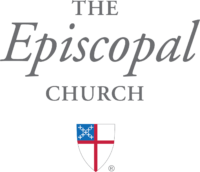We believe…
We are Trinitarian – believing in God as Father, Son, and Holy Spirit
As Episcopalians, we are followers of Jesus Christ, our Lord, and we believe in the Father, Son, and Holy Spirit. The Trinity is a perfect relationship of love in which neither unity nor distinctness of the divine persons is compromised. God’s life is understood to be dynamic, loving, and available to be shared in relationship with humanity for salvation.
We stand for love – respecting the dignity of all those created in God’s image
Each time we, as a community, renew our Baptismal Covenant we promise to strive to respect the dignity of every human being. It saddens us that throughout our history, the Christian church has discriminated against particular groups for such a long time that we must explicitly state what should be obvious and self-evident. We strive to love our neighbors as ourselves and respect the dignity of every person, no matter race, religion, creed, gender identity, sexual-orientation, disabilities, socio-economic status, or otherwise.
We follow traditional Anglican/Episcopal worship & believe men and women possess equal qualifications for ordination
Our liturgy retains ancient structure and traditions and is celebrated in many languages. Both men and women, including those who are married, are eligible for ordination as deacons, priests and bishops.
We Believe in Forgiveness
Forgiveness is not just about personal peace; it’s a call to embody Christ’s love and mercy in the world. The Episcopal Church teaches that through forgiveness, individuals can find healing and renewal, both spiritually and relationally. Forgiveness is seen as an expression of God’s grace. The church teaches that all people are capable of receiving and offering forgiveness through Christ.
In our worship services, the rite of confession allows individuals to acknowledge their sins and receive absolution from a priest, symbolizing God’s forgiveness. The Rite of Reconciliation in the Episcopal Church, often referred to as the Sacrament of Reconciliation or Confession, practice focused on individual confession, forgiveness, and spiritual healing. We provide opportunities for private confession with a priest by appointment, and especially during Lent.
We take the Bible seriously, but not always literally
In the Episcopal tradition, Holy Scripture is viewed as a central component of faith and practice. Episcopalians hold that the Bible, consisting of the Old and New Testaments, is inspired by God and authoritative for Christian life.
The Episcopal Church emphasizes a balanced approach to Scripture, Tradition, and Reason, often referred to as the “Three-Legged Stool.” This means that while the Bible is foundational, interpretations are also informed by the historical practices of the Church and the use of reason in understanding faith.
Key beliefs include:
- Authority of Scripture: The Bible is seen as the Word of God, containing essential truths for salvation and guidance for living a Christian life.
- Interpretation: Episcopalians often engage in communal interpretation of Scripture, recognizing the importance of context, history, and the guidance of the Holy Spirit.
- Liturgical Use: Scripture is integral to worship, with readings from the Bible forming a significant part of the liturgy, particularly during the Eucharist.
- Sacred Tradition: Alongside Scripture, the traditions of the Church inform beliefs and practices, including the creeds and teachings of the early Church.
- Inclusivity: The Episcopal Church often emphasizes the importance of inclusivity and social justice, viewing Scripture through the lens of love and compassion.
This understanding shapes the spiritual and communal life of Episcopalians, fostering a vibrant faith that seeks to live out the teachings of Jesus in everything we do.
The Book of Common Prayer guides our worship
We uphold the Bible and worship with the Book of Common Prayer. The Bible is our foundation, understood through tradition and reason, containing all things necessary for salvation. Our worship is filled with Scripture from beginning to end. Approximately 70% of the Book of Common Prayer comes directly from the Bible.
Marriage and Divorce
We affirm that committed relationships are lifelong and monogamous. Episcopalians also recognize that there is grace after divorce and individuals who are divorced are welcome to participate fully in the life and Sacraments of the Church. Marriage and divorce within the Episcopal Church are guided by a combination of scripture, tradition, and church policy.
Marriage is viewed as a sacred covenant between two individuals and God, regardless of gender. The Episcopal Church emphasizes the spiritual significance of marriage, focusing on love, commitment, and mutual support. Couples undergo premarital counseling and attend a marriage preparation program. The ceremony is typically conducted in a church. At Ascension, we recognize marriages regardless of sexual orientation.
The Episcopal Church approaches divorce with a pastoral mindset, recognizing the complexities of human relationships and the need for compassion. Divorced individuals may remarry in the church, but this requires permission from the bishop. The church emphasizes reconciliation and healing, encouraging individuals to seek spiritual guidance. The church’s stance is shaped by a belief in God’s grace, emphasizing that divorce, while painful, is sometimes necessary for personal well-being.
The Anglican Communion
The Anglican Communion is the gathering of Anglican and Episcopal churches from around the world. Today, the Anglican Communion comprises more than 80 million members in 44 regional and national member churches in more than 160 countries.
The Episcopal church is part of the Anglican Communion, and is comprised of 109 dioceses in 16 nations.
At the head of the Anglican Communion is the Archbishop of Canterbury, Justin Welby.
The Episcopal church, established shortly after the American Revolution, has its roots in the Anglican Church. The Anglican Church, known as the Church of England, had a strong following in colonial America. But when the colonies won their independence, the majority of America’s Anglican clergy refused to swear allegiance to the British monarch as was required. As a result, the Episcopal Church was formed.
The vibrancy of the Anglican Communion reflects the lives of its congregants and their commitment to God’s mission in the world.
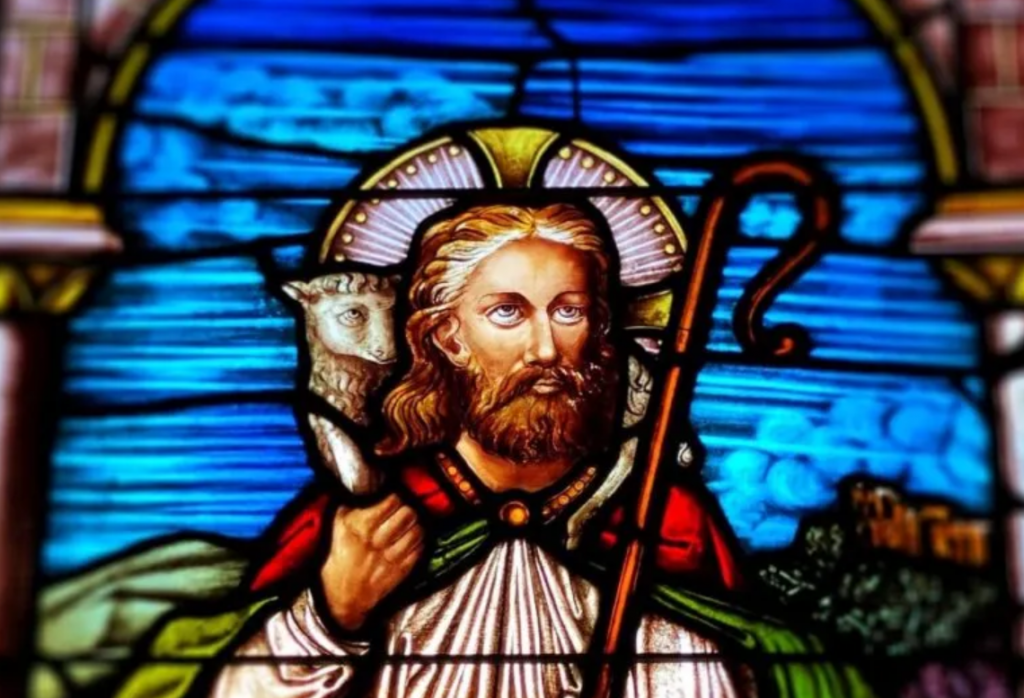
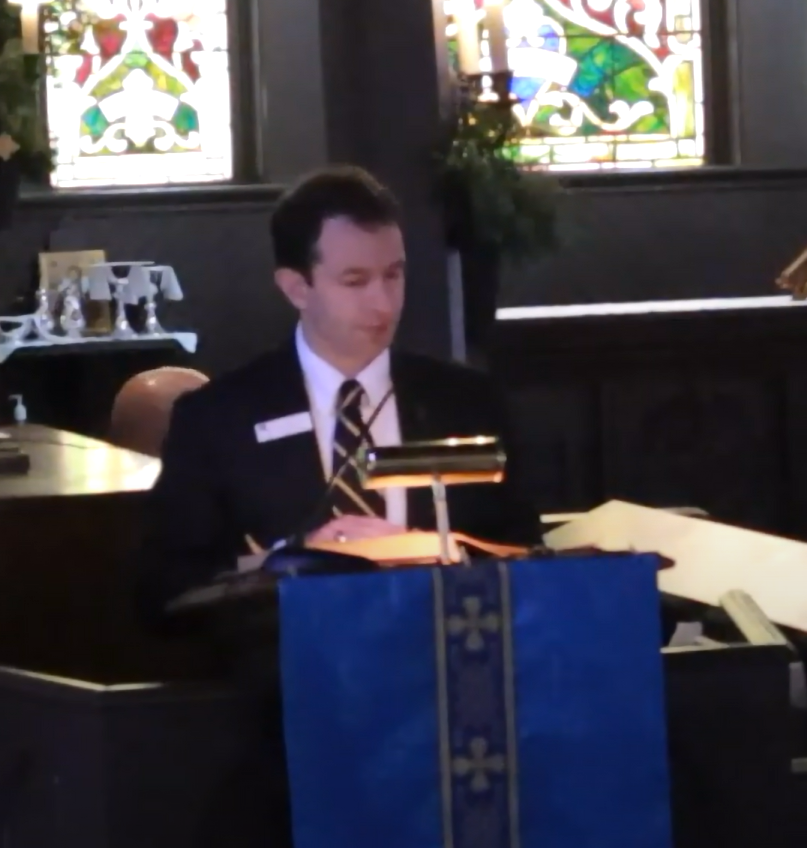
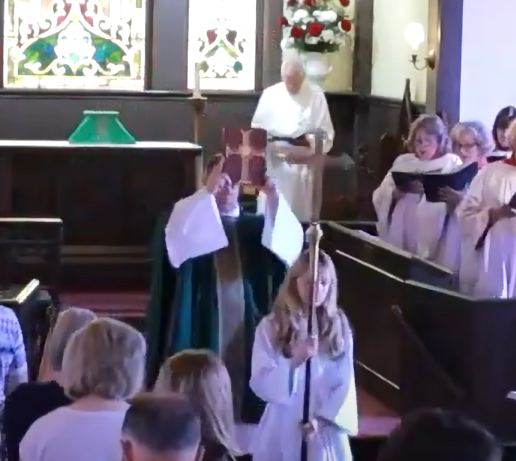
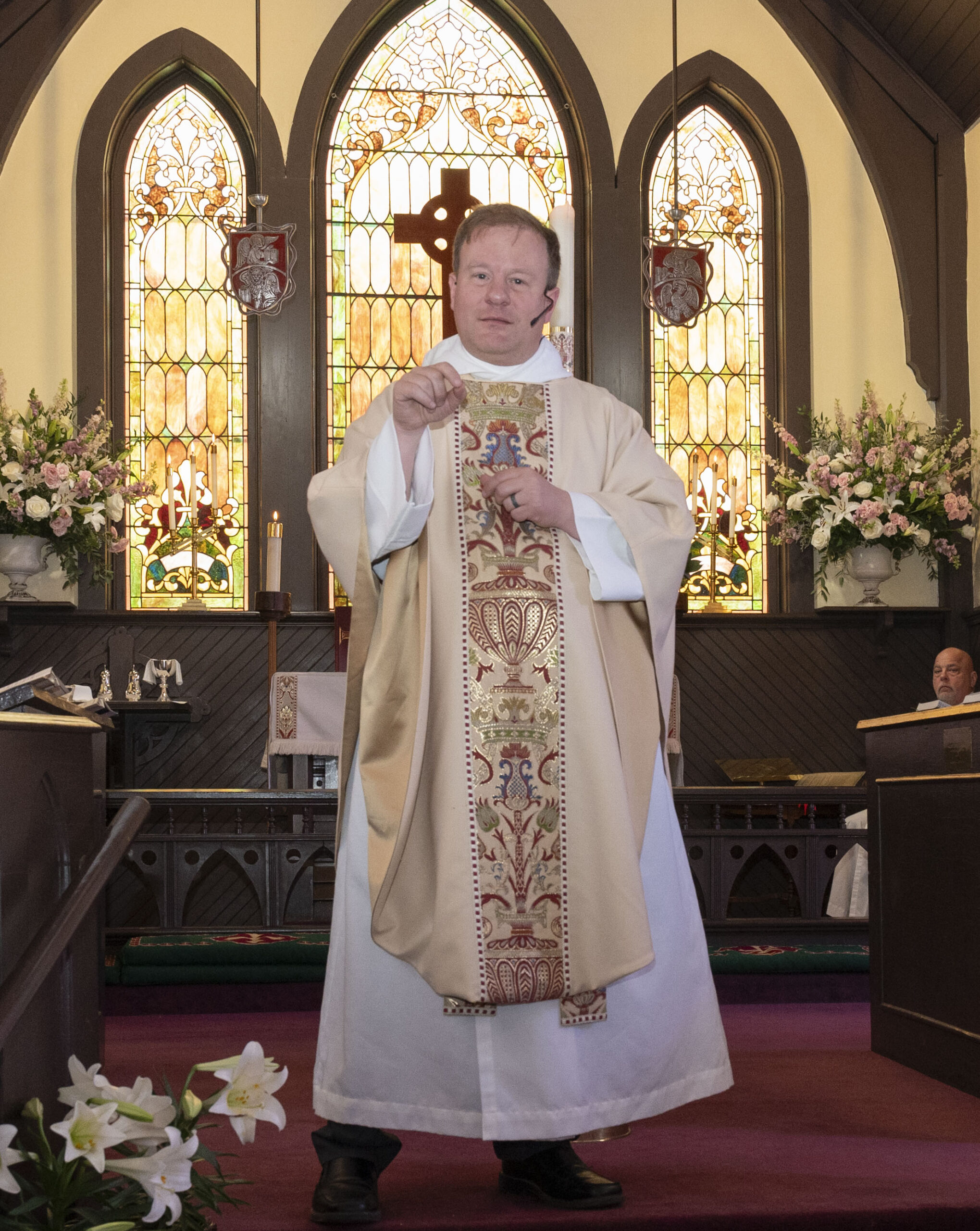
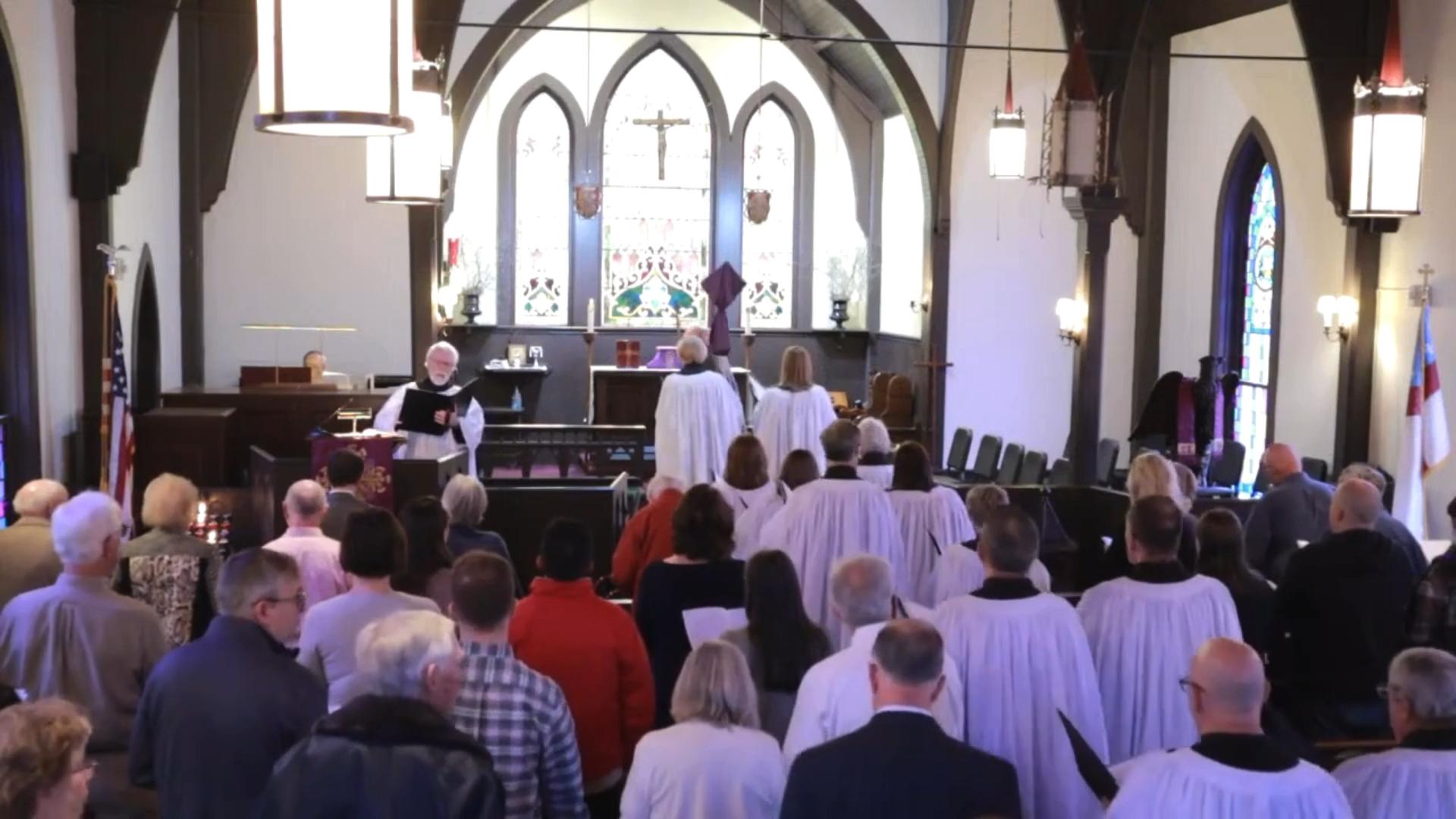
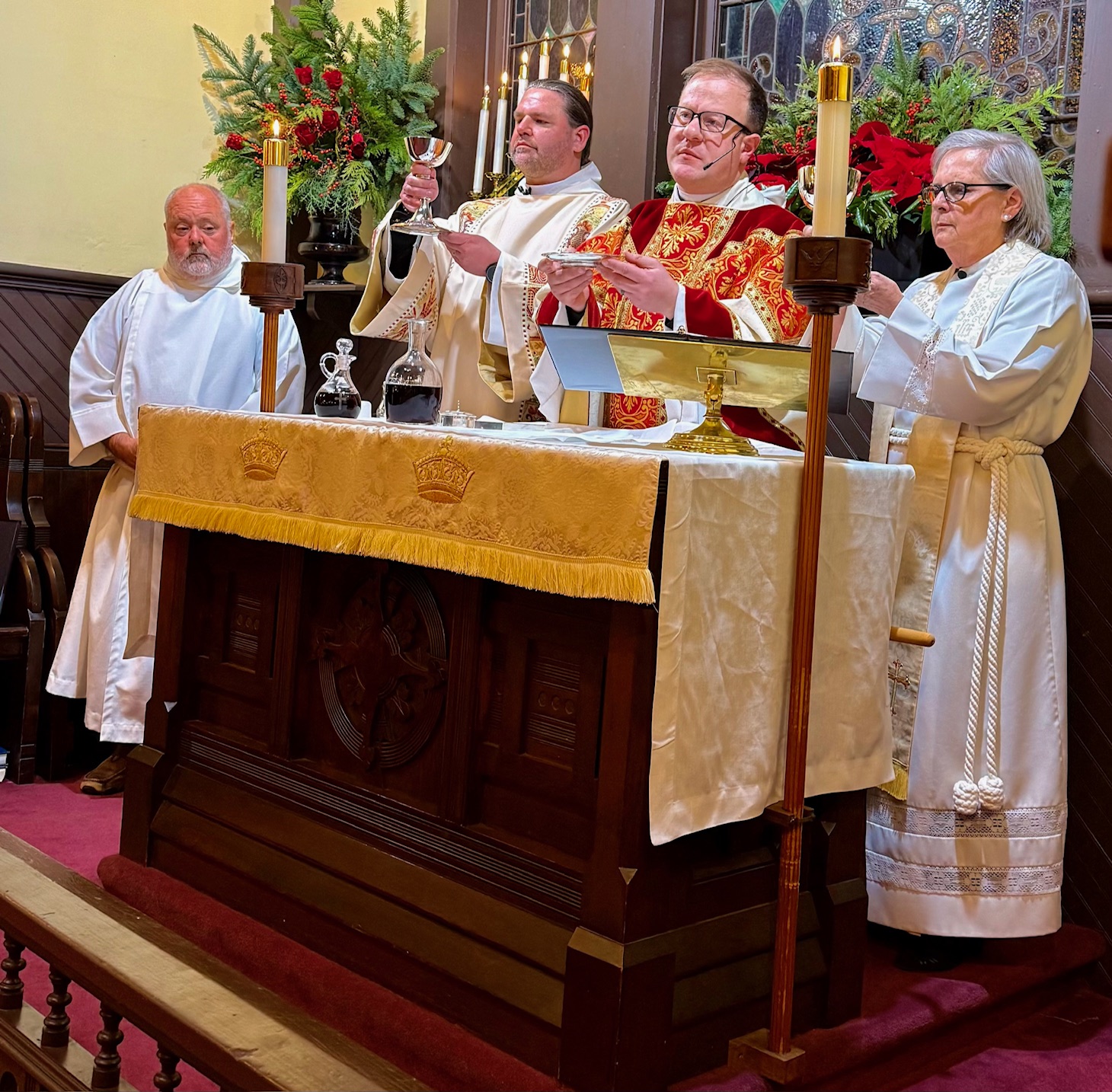



 205 West Cherokee Avenue
205 West Cherokee Avenue 770-382-2626
770-382-2626
